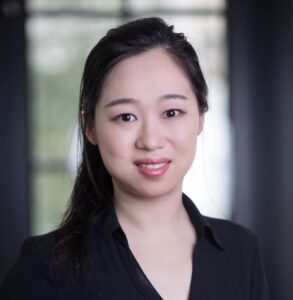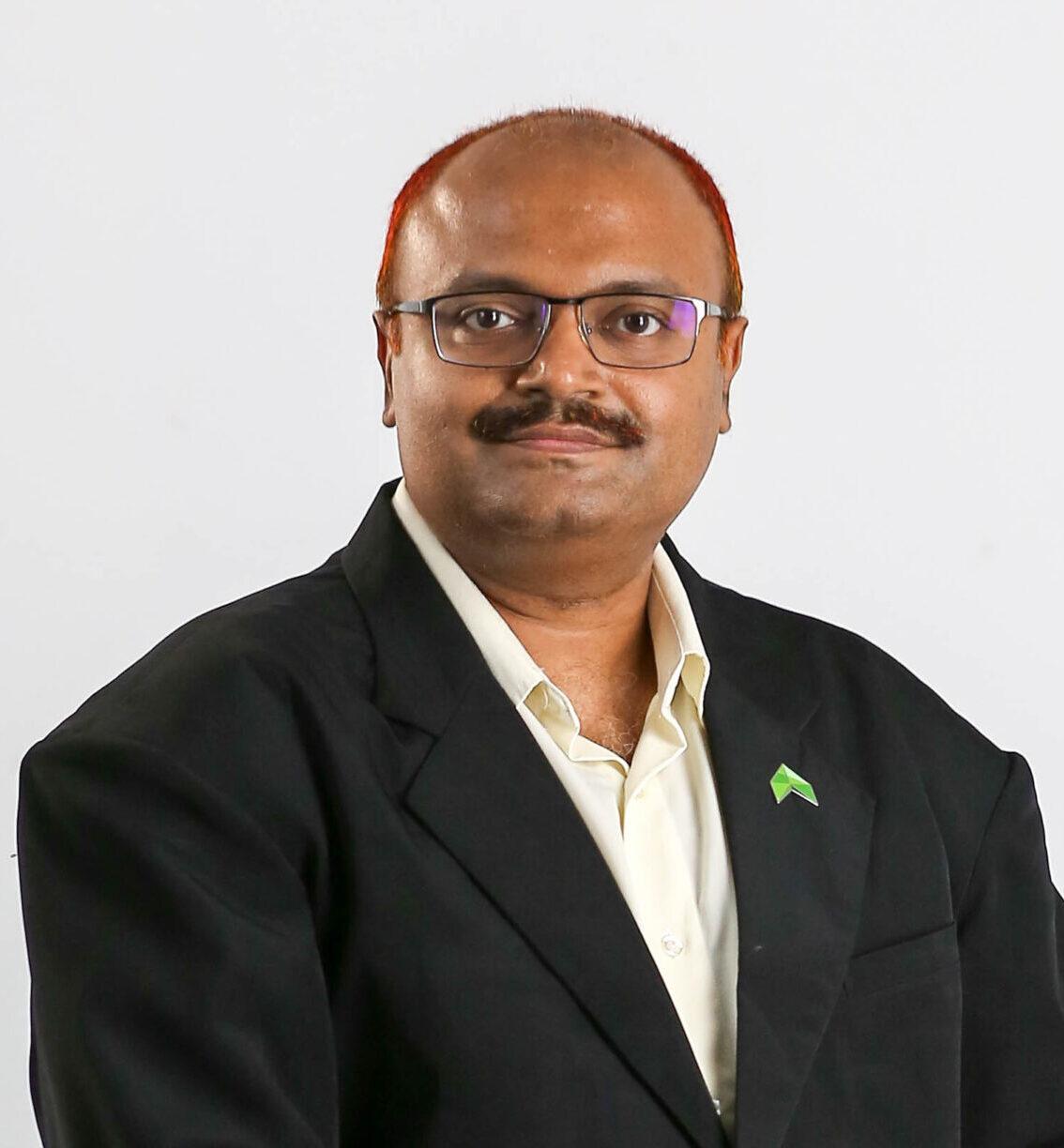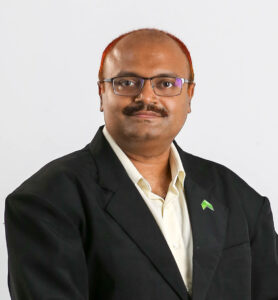Invited Speakers
Neural Certificates and Certificate-carrying RL in Large-Scale Autonomy Design
Thursday 5 December, 09:00-09:30, Virtual Talk

Chuchu Fan
MIT, USA
Abstract: Learning-enabled control systems have demonstrated impressive empirical performance on challenging control problems in robotics. However, this performance often arrives with the trade-off of diminished transparency and the absence of guarantees regarding the safety and stability of the learned controllers. In recent years, new techniques have emerged to provide these guarantees by learning certificates alongside control policies — these certificates provide concise, data-driven proofs that guarantee the safety and stability of the learned control system. These methods not only allow the user to verify the safety of a learned controller but also provide supervision during training, allowing safety and stability requirements to influence the training process itself. In this talk, we present two exciting updates on neural certificates. In the first work, we explore the use of graph neural networks to learn collision-avoidance certificates that can generalize to unseen and very crowded environments. The second work presents a novel reinforcement learning approach that can produce certificate functions with the policies while addressing the instability issues in the optimization process.
Bio: Dr. Chuchu Fan is an Associate Professor in AeroAstro and LIDS at MIT. Before that, she was a postdoc researcher at Caltech and got her Ph.D. from ECE at the University of Illinois at Urbana-Champaign. Her research group, Realm at MIT, works on using rigorous mathematics, including formal methods, machine learning, and control theory, for the design, analysis, and verification of safe autonomous systems. Chuchu is the recipient of the 2020 ACM Doctoral Dissertation Award, an NSF CAREER Award, and an AFOSR Young Investigator Program (YIP) Award.
Learning Enabled Marine Autonomy in Uncertain Marine Environments
Wednesday 4 December, 16:10-16:40, Virtual Talk

Yuanchang Liu
University College London, UK
Abstract: Autonomous marine robots have made rapid advancements in recent years, driven by exciting progress in artificial intelligence (AI), advanced sensory technologies, and robust decision-making systems. These robots are now being deployed in high-impact applications such as offshore wind farm inspections, search and rescue operations, and seabed mapping, among others. The key to achieving high-level autonomy in marine robots lies in the autonomous navigation system, which encompasses sensing/perception, planning/decision-making, and automatic control. This talk will focus on recent developments in advanced autonomy technologies for marine robots at UCL. Key topics include: 1) reliable semantic segmentation of the water surface, 2) efficient multi-constraint planning for surface vessels, 3) reinforcement learning-powered multi-task allocation, and 4) adversarial networks for enhanced maritime systems.
Bio: Dr. Yuanchang Liu is an Associate Professor and Chair of Marine Research in the Department of Mechanical Engineering at University College London. Dr Liu is also the Programme Director of MSc Power Systems Engineering. Prior to joining the department, he served as a Research Fellow in Robotic Vision and Autonomous Vehicles at the Surrey Space Centre, University of Surrey. Dr. Yuanchang Liu earned his MSc degree in Power Systems Engineering and a PhD degree in Marine Control Engineering, both from University College London in 2011 and 2016, respectively. Dr. Liu’s research primarily focuses on automation and autonomy, with a special emphasis on exploring technologies related to sensing, perception, and the guidance and control of intelligent and autonomous vehicles. In recognition of his contributions, Dr. Liu was featured among the World’s Top 2% Scientists by Stanford University in both 2022 and 2023. Additionally, he received the Denny Medal, awarded by the Institute of Marine Engineering, Science, and Technology (IMarEST).
Agrimor: Precision Agriculture Solution Using UAV
Thursday 5 December, 16:10-16:40 @ Auditorium (2F)

Tiagrajah V. Janahiraman
Aerodyne Group
Malaysia
Abstract: Data analytics using Unmanned Aerial Vehicle (UAV) can provide farmers with valuable insights into crop health, nutrient levels, irrigation management, pest infestations, and more. This information can help farmers optimize the use of fertilizers, pesticides, and water, leading to increased crop yields and reduced costs. Agrimor is a digital precision agriculture platform that provides valuable insights from RGB and Multispectral (MS) data capture using drones. Upon reconstruction of RGB Orthoimages and MS bands, mathematical formulation for vegetation indices will be used for deriving indices map. Vegetation indices (VI) are combinations of surface reflectance of 2 or more wavelengths designed to highlight a particular properties of vegetation. They are derived using the reflectance properties of vegetation. Each of the VIs is designed to accentuate a particular vegetation property. Potential diseases infection and pest infestation is highlighted by vigor analysis. Ability to absorb water and nutrients from ground and state of underground root of crop is described by water uptake analysis. Chlorophyll analysis interprets the presence of green pigmentation on leaves which is essential for photosynthesis process. Other yield limiting factors that may affect the growth of plant is reported in stress analysis. From our past experience, a durian farm was able to increase the yield up to 30% after executing the preventive measures based on our crop insights.
Bio: Ir Dr Tiagrajah is the Chief Technology Officer of Aerodyne Group, which specializes in drone technology, data platform and digital transformation. Aerodyne Group is ranked as number one in Global Drone Service Provider Ranking by Drone Industry Insights, Germany, for three consecutive years: 2023, 2022 and 2021. He is actively involved in agriculture drone design, assembling and drone module development. He leads the R&D activity for plant health evaluation and soil movement estimation using multispectral sensors attached as a payload to the Unmanned Aerial Vehicle (UAV). He architected a web based geographic information system (GIS) platform hosted on cloud to visual and analyse the UAV captured data. The GIS web platform illustrate new perspectives, data-driven mapping styles and intuitive analysis tools to gain location intelligence. His previous roles include Head of Automation and AI and Head of Analytics and Business Insights in an IT shared service company. His responsibility was to provide Analytic and AI solutions to several business groups under the flagship of RGE Group, Singapore, in the field of fibre and palm oil plantation, manufacturing and business processes. Prior to industrial experience, he was a Senior Lecturer in Universiti Tenaga Nasional (UNITEN). He carried out research and consultancy projects in the field of pattern recognition, image processing and manufacturing process modelling & optimization. He accomplished 3 technical consultation projects with TNB Research Sdn Bhd and TNB IT Sdn Bhd. He has graduated 4 postgraduate students and 67 undergraduate students.


